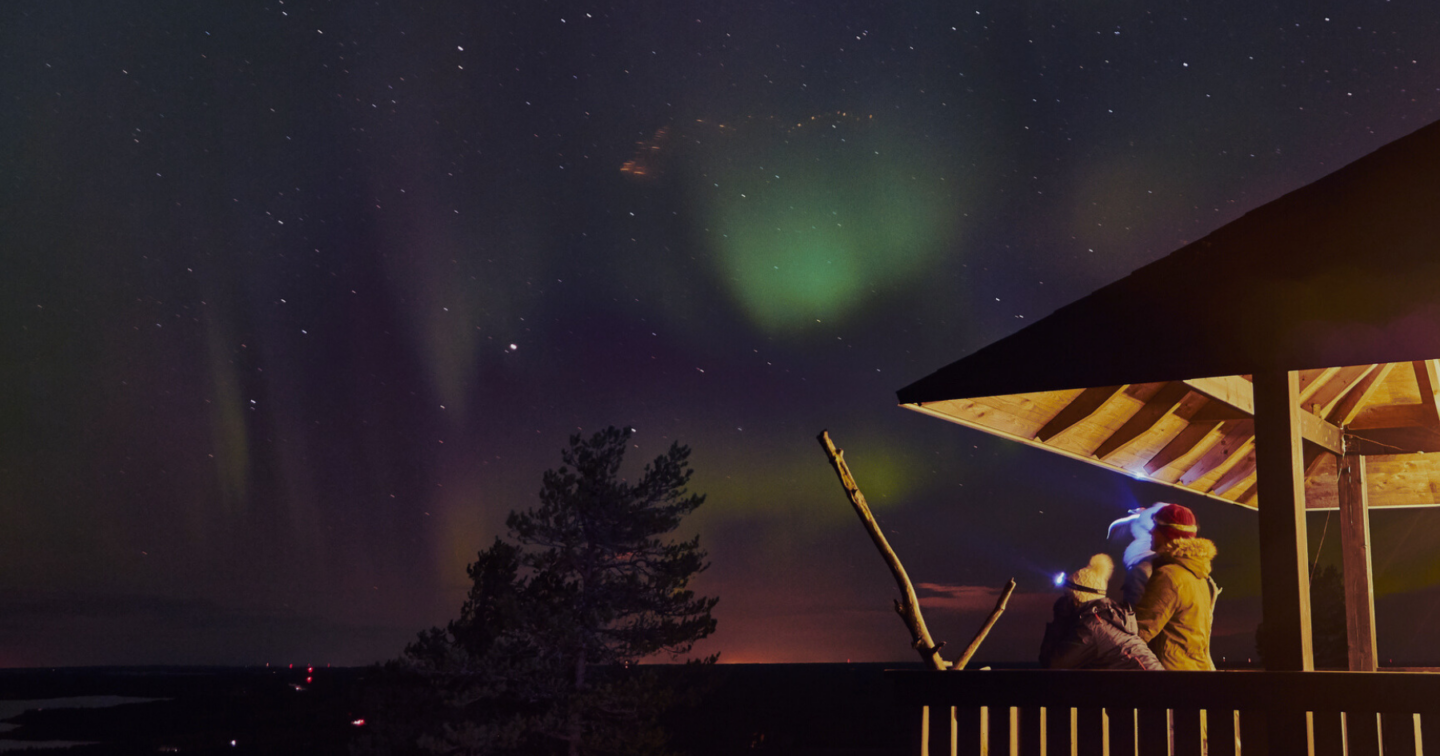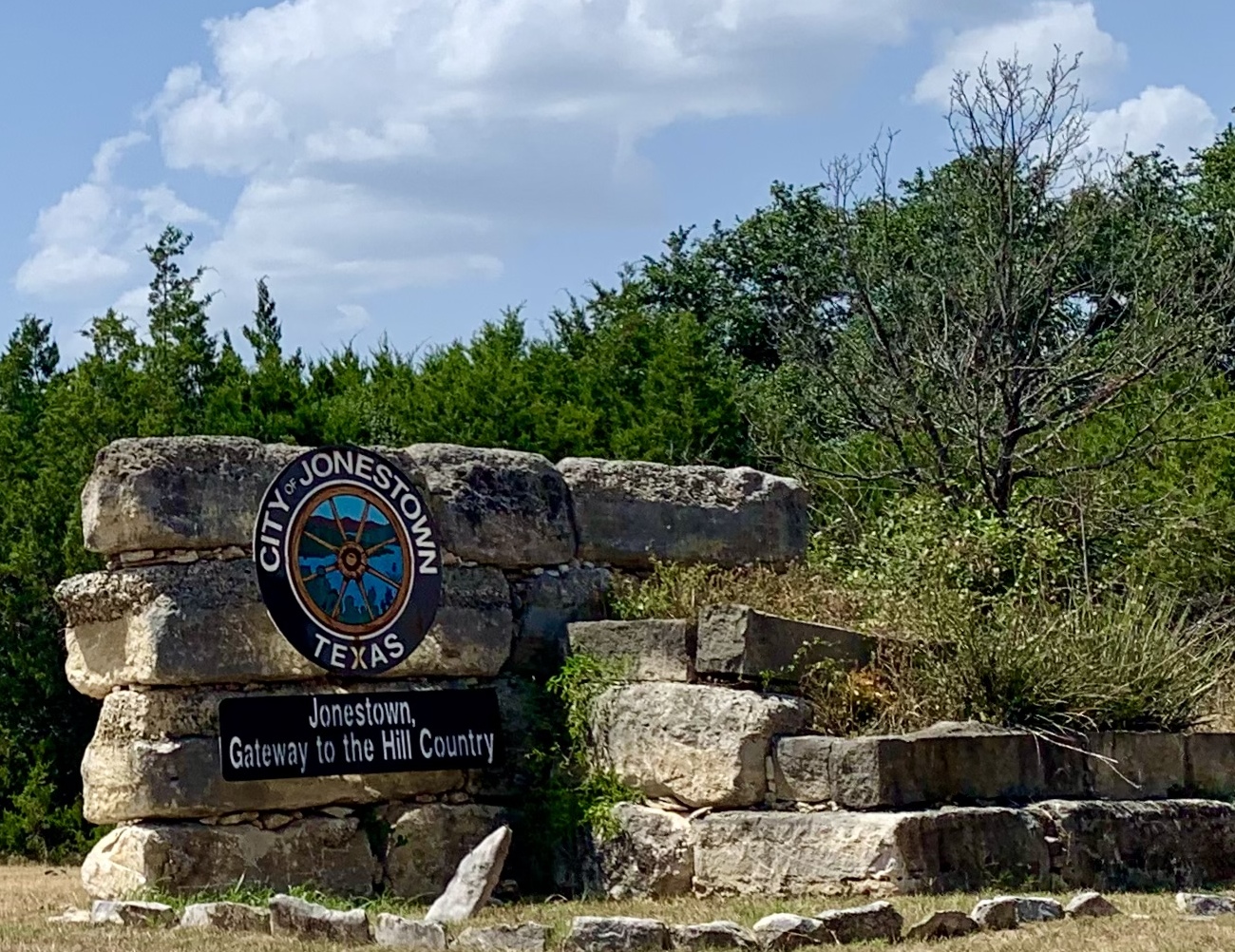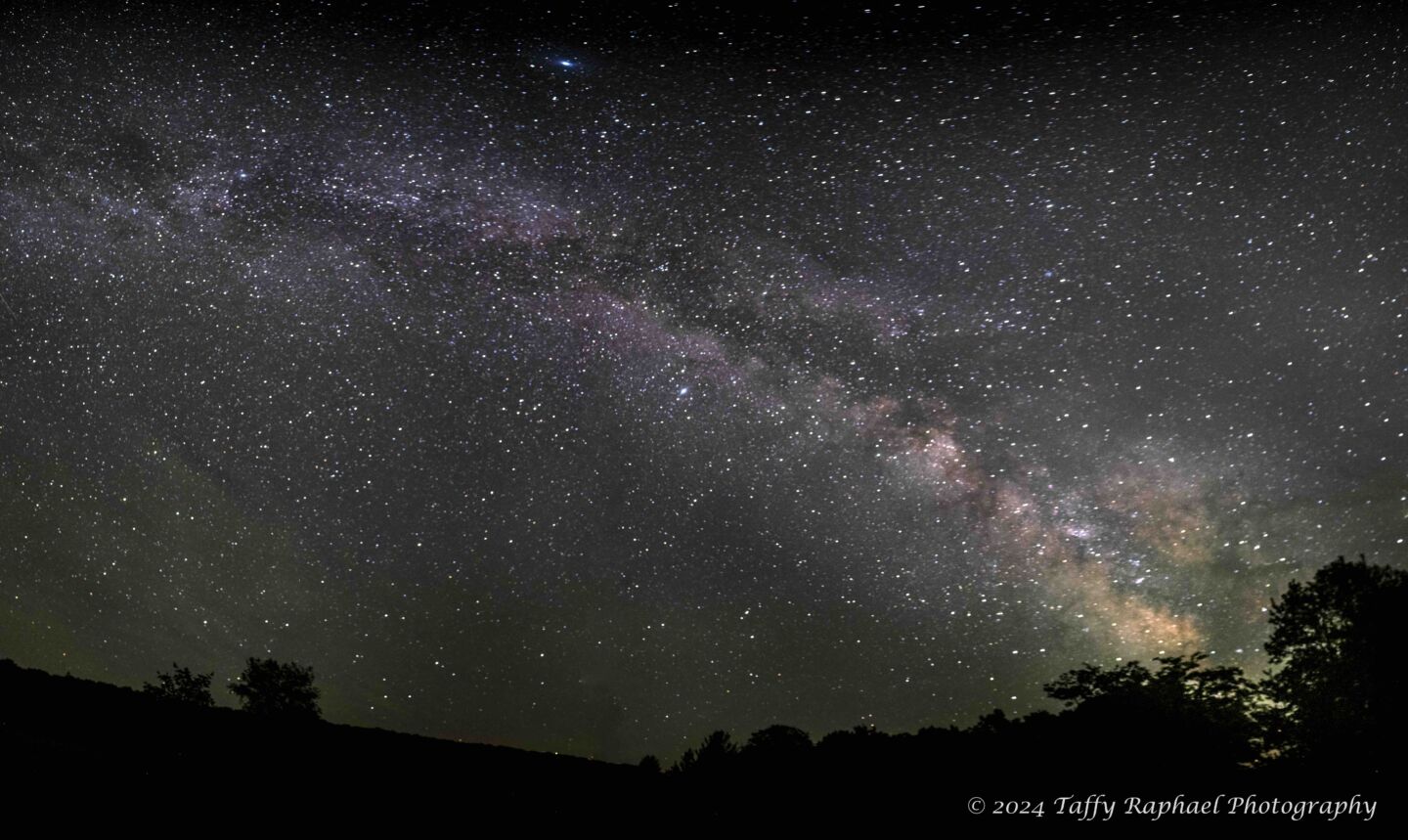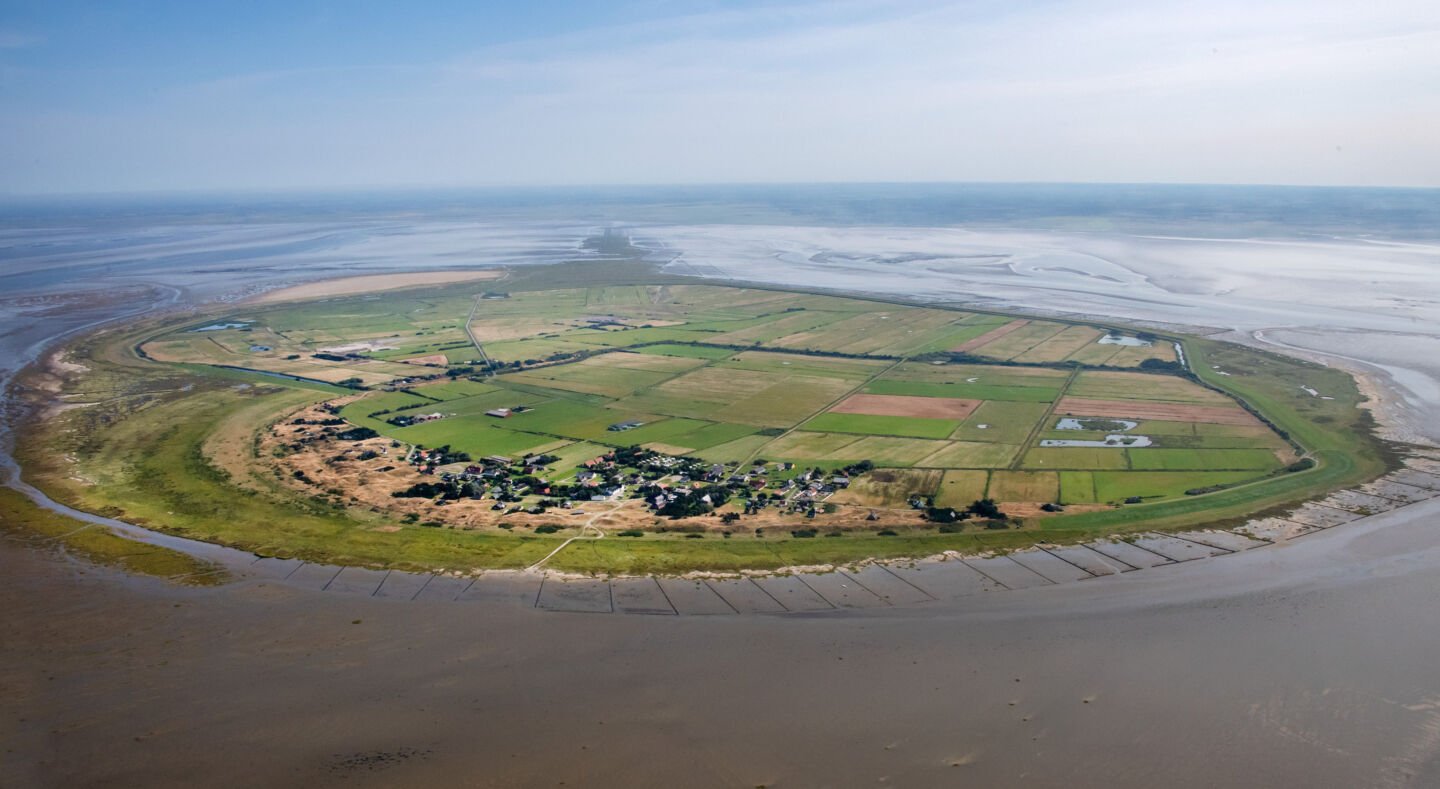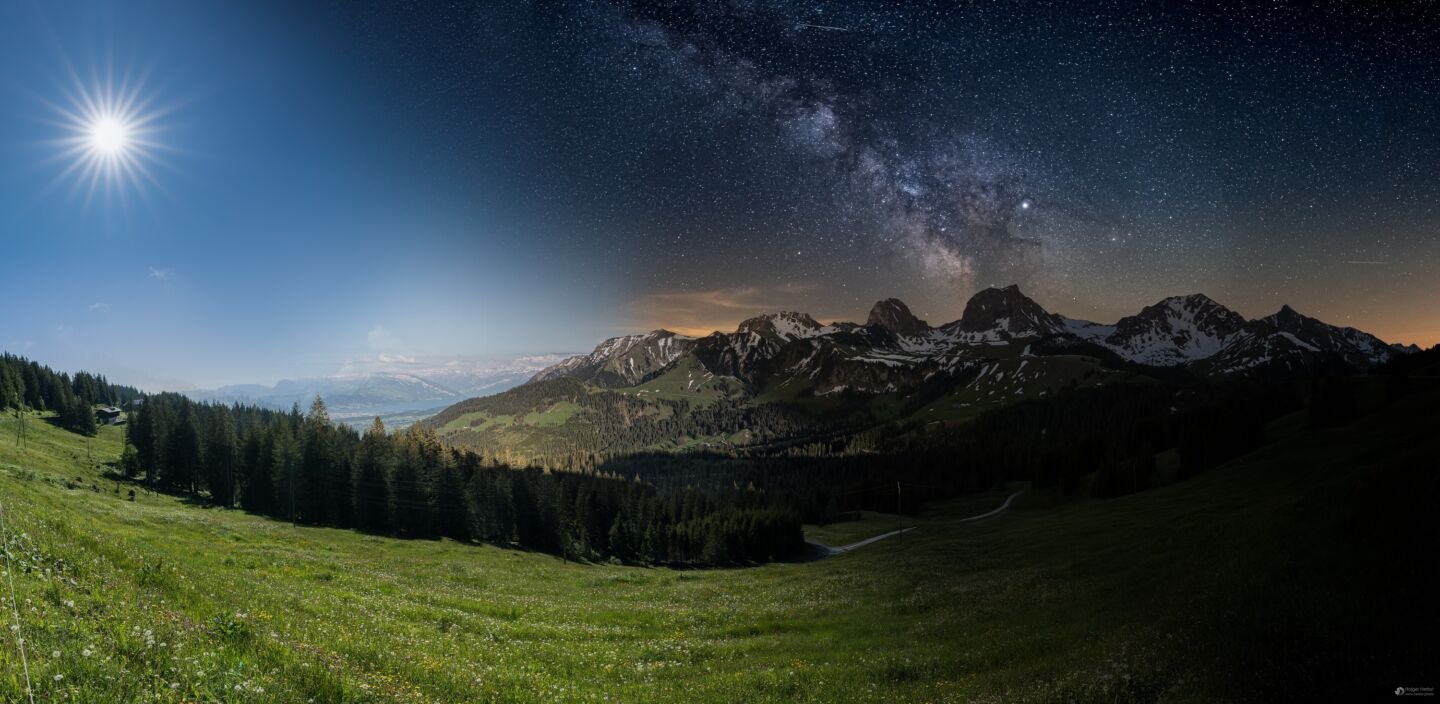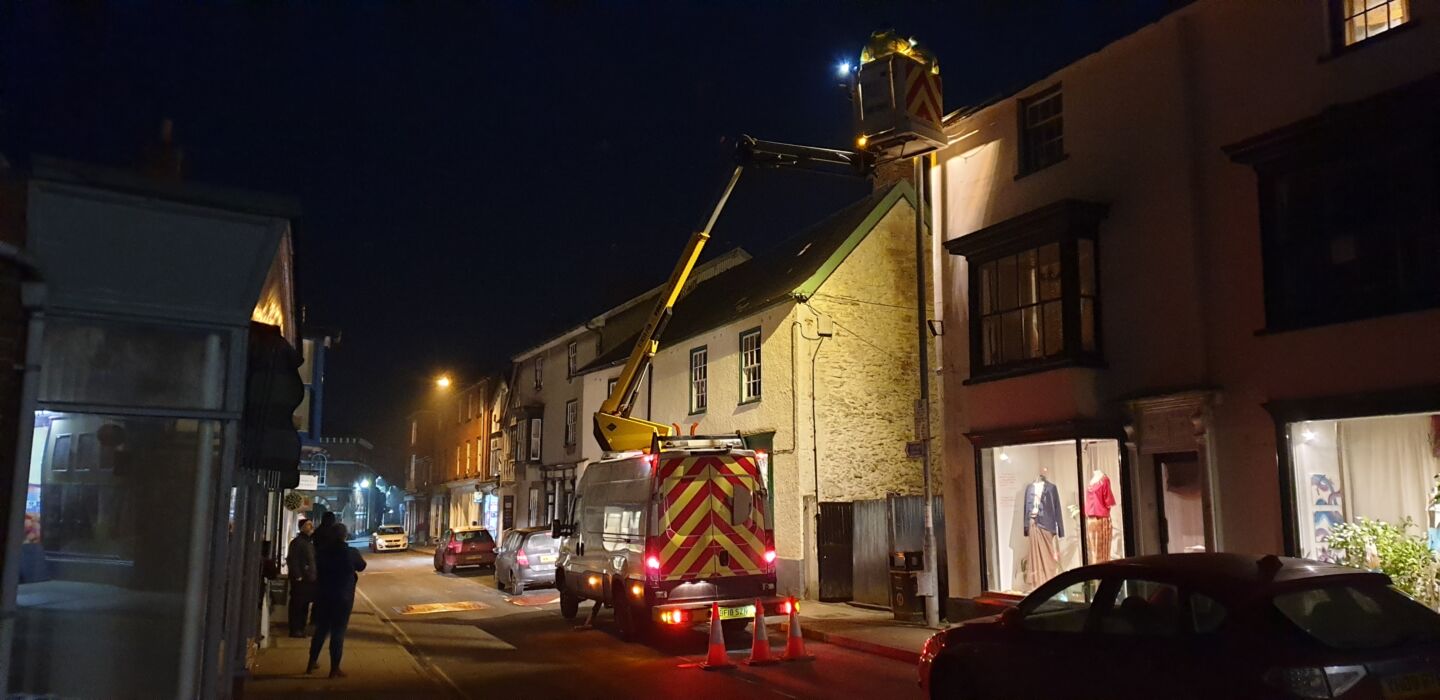
Parc du Mont-Bellevue Becomes Canada’s First Urban Night Sky Place
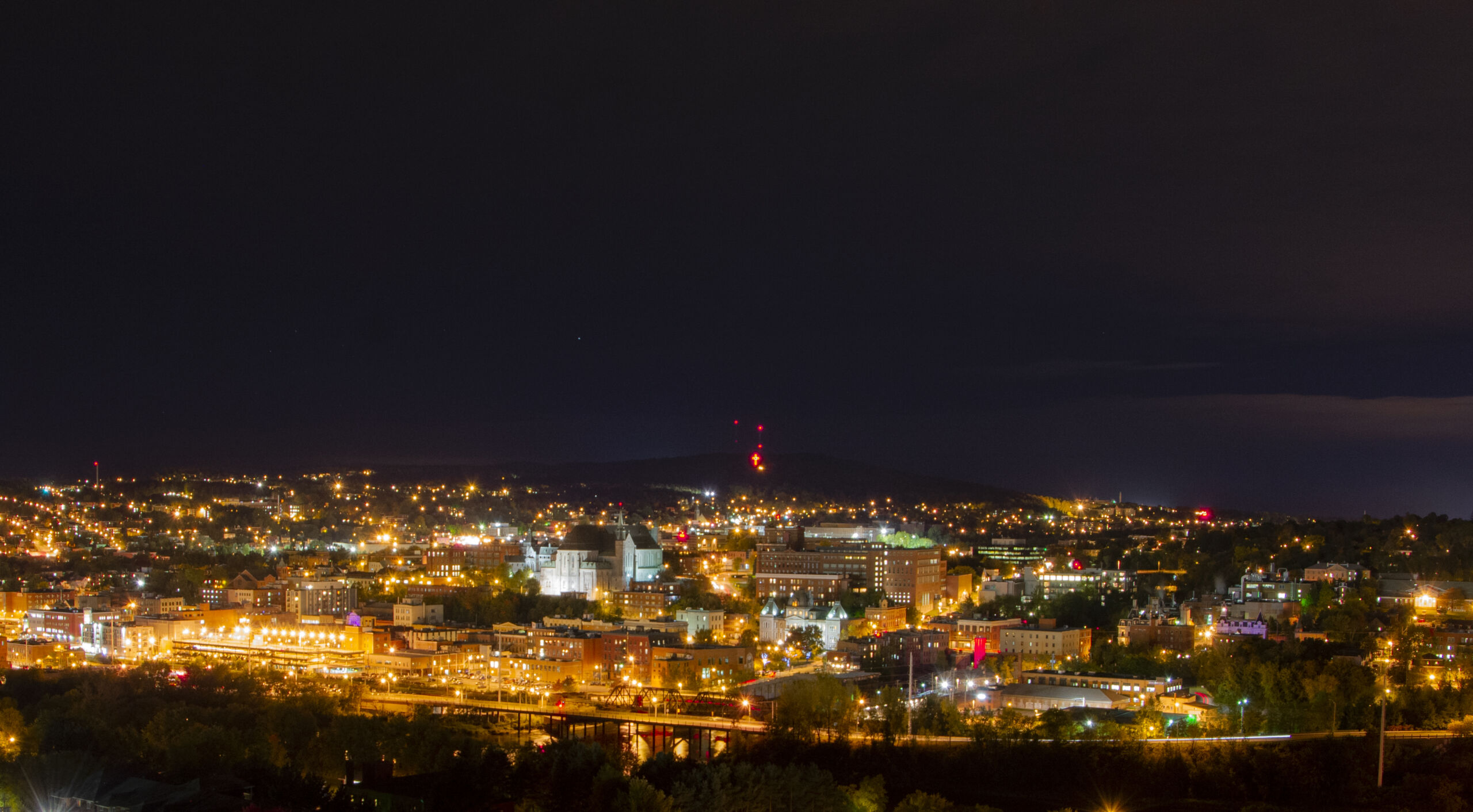
SHERBROOKE, Québec, Canada – The International Dark-Sky Association (IDA) has certified the parc du Mont-Bellevue as Canada’s first Urban Night Sky Place (UNSP). The park is the fifth International Dark Sky Place in Canada, joining Bon Accord International Dark Sky Community, Quetico Provincial Park International Dark Sky Park, Waterton-Glacier International Peace Park, and Mont-Mégantic International Dark Sky Reserve (MMIDSR). This significant achievement further expands the reach of existing regional dark-sky protections to urban spaces threatened by rapid development.
The parc du Mont-Bellevue is located in the heart of the city of Sherbrooke with a population of approximately 200,000 people. The Ville de Sherbrooke and the Université de Sherbrooke (UdeS) have jointly owned the parc du Mont-Bellevue since the 1960s. It is surrounded by residential areas and is freely accessible for many different outdoor activities. Parc du Mont-Bellevue is the largest park in the city and represents a land area of 1.59 square kilometers with two peaks that rise to 333 meters above sea level (Bellevue summit) and 365 meters above sea level (JS Bourque summit).
Despite its urban setting, the site is primarily forested yet includes sensitive wetlands and aquatic habitats that are home to some 400 species of plants and over 100 species of wildlife, a dozen of which are endangered. The park’s location in the center of the city of Sherbrooke and near the Université de Sherbrooke’s campus makes it possible to reach a large population to raise awareness about the impacts of light pollution on the nocturnal environment and model good outdoor lighting practices. Situated within the MMIDSR, this site further allows Sherbrooke’s citizens to reconnect with a quality night sky and implement practices that are respectful of the nocturnal environment.
This certification results from combined efforts between the Cégep de Sherbrooke, the Ville de Sherbrooke, the Université de Sherbrooke, the MMIDSR, and other partners working together to combat light pollution and protect the region’s natural resources since 2019.
“The parc du Mont-Bellevue is home to a remarkable ecosystem and biodiversity, which we wish to protect through the designation of a nature reserve, and also by implementing a nighttime integrity zone to fight against the harmful impacts of light pollution,” said Professor Denyse Rémillard, Assistant Rector and Vice-Rector, Administration and Sustainable Development at UdeS.
“The parc du Mont-Bellevue excels in the possibilities of connecting residents and students with the actions necessary to preserve a starry sky in their own backyards. By creating a pathway that empowers people to take ownership of their community’s values, the parc will be successful in keeping light pollution at bay and maintain a protected space of natural darkness,” stated Ashley Wilson, Director of Conservation of IDA.
To protect the starry sky in this exceptional space, the lights inside the park have been changed to comply with IDA requirements, and a lighting management plan has been developed to ensure continuity in good lighting across and guide future lighting installations. Installation of permanent light pollution monitoring stations in the park is also underway. Awareness campaigns utilizing information kiosks, educational leaflets, and social networking are ongoing to promote good outdoor lighting practices and educate the public about the impacts of light pollution. Advocates will collaborate to provide nighttime activities such as night hikes open to the public.
To ensure the sustainability of the protection of the night sky in the parc du Mont-Bellevue, several inter-institutional research projects are underway. Projects include monitoring light pollution with sky brightness monitors, the implementation of a corridor of darkness that passes through the park, the development of nocturnal integrity districts near the park, and the development of an interpretive trail to educate users about astronomy and the impacts of light pollution on the natural world and human health. A unique project coordinated by the Cégep de Sherbrooke’s light pollution research group is being designed to establish the site as a Starry Night Oasis. This project is associated with several other research projects, including dynamic color mapping of the city of Sherbrooke.
“The protection of the nocturnal environment in the parc du Mont-Bellevue involves multidisciplinary and transdisciplinary light pollution research related projects. Teams of university students work in synergy with college students as their mentors. This is a win-win and stimulating learning experience for both parties,” stated Professor Jean-Pierre Perreault, Vice-Rector, Research and Graduate Studies, UdeS.
The success of this effort is the result of the hard work and dedication of all the partners involved. “The city of Sherbrooke is a proud partner in the creation of the nighttime integrity zone of parc du Mont-Bellevue. The reduction in light pollution resulting from this initiative will be beneficial for wildlife and the quality of life of citizens. Only a few cities can say that they have access to a natural haven with starry skies. The creation of the nighttime integrity zone of parc du Mont-Bellevue confirms the unique character of our city that brings together the advantages of the city and the countryside,” remarked Mrs. Évelyne Beaudin, Mayor of Sherbrooke.
About the International Dark Sky Places Program:
The International Dark Sky Places Program was founded in 2001 as a non-regulatory and voluntary program to encourage communities, parks, and protected areas around the world to preserve and protect dark sites through effective lighting policies, environmentally responsible outdoor lighting, and public education. When used indiscriminately, artificial light can disrupt ecosystems, impact human health, waste money and energy, contribute to climate change, and block our view and connection to the universe. Parc du Mont-Bellevue now joins more than 195 Places that have demonstrated robust community support for dark sky advocacy and strive to protect the night from light pollution. Learn more by visiting darksky.org/conservation/idsp.
About the International Dark-Sky Association:
The mission of IDA is to preserve and protect the nighttime environment and our heritage of dark skies through environmentally responsible outdoor lighting. Learn more at darksky.org.
Additional Contacts:
Ashley Wilson
Director of Conservation, International Dark-Sky Association
+1 520-347-5804
[email protected]







